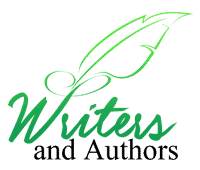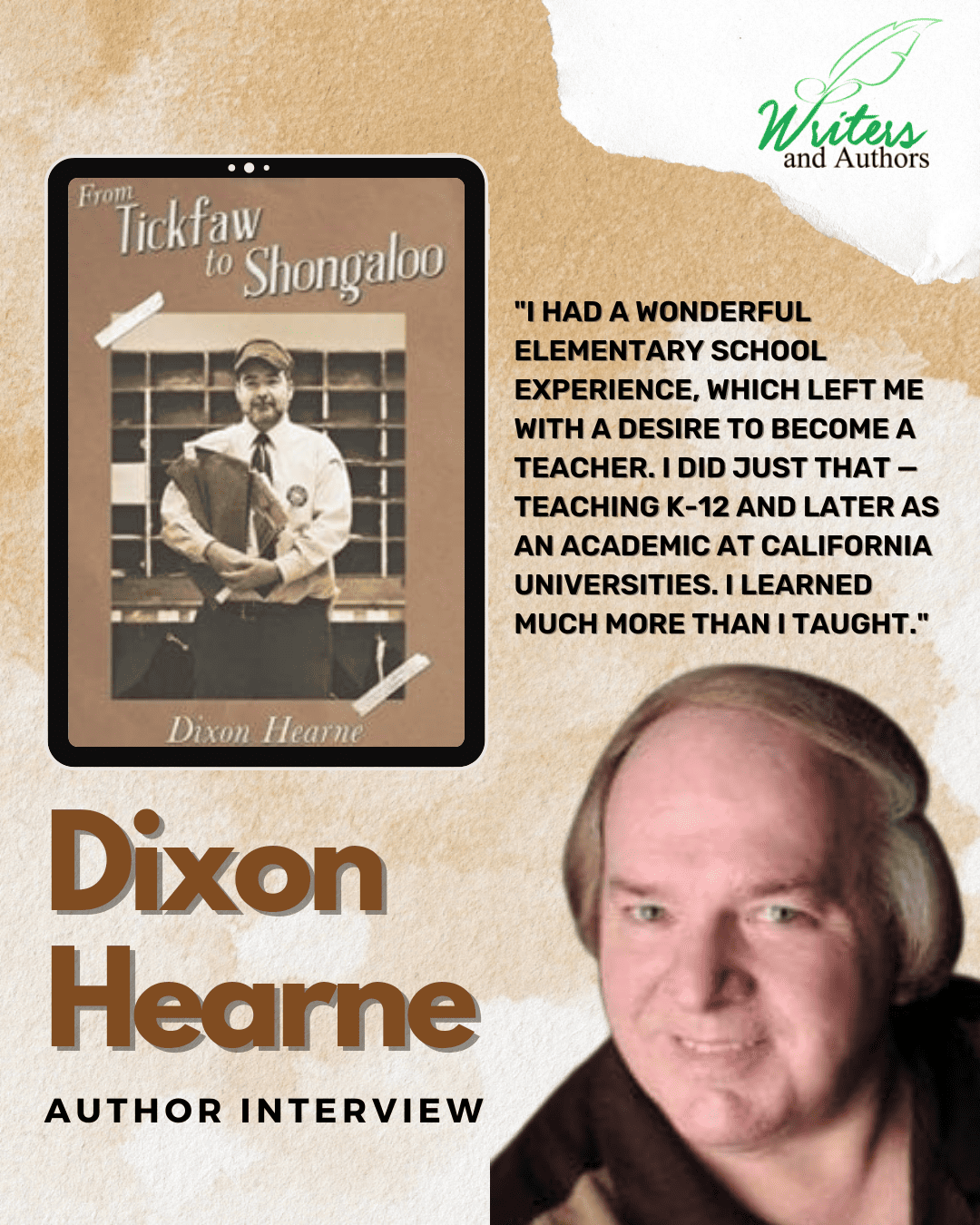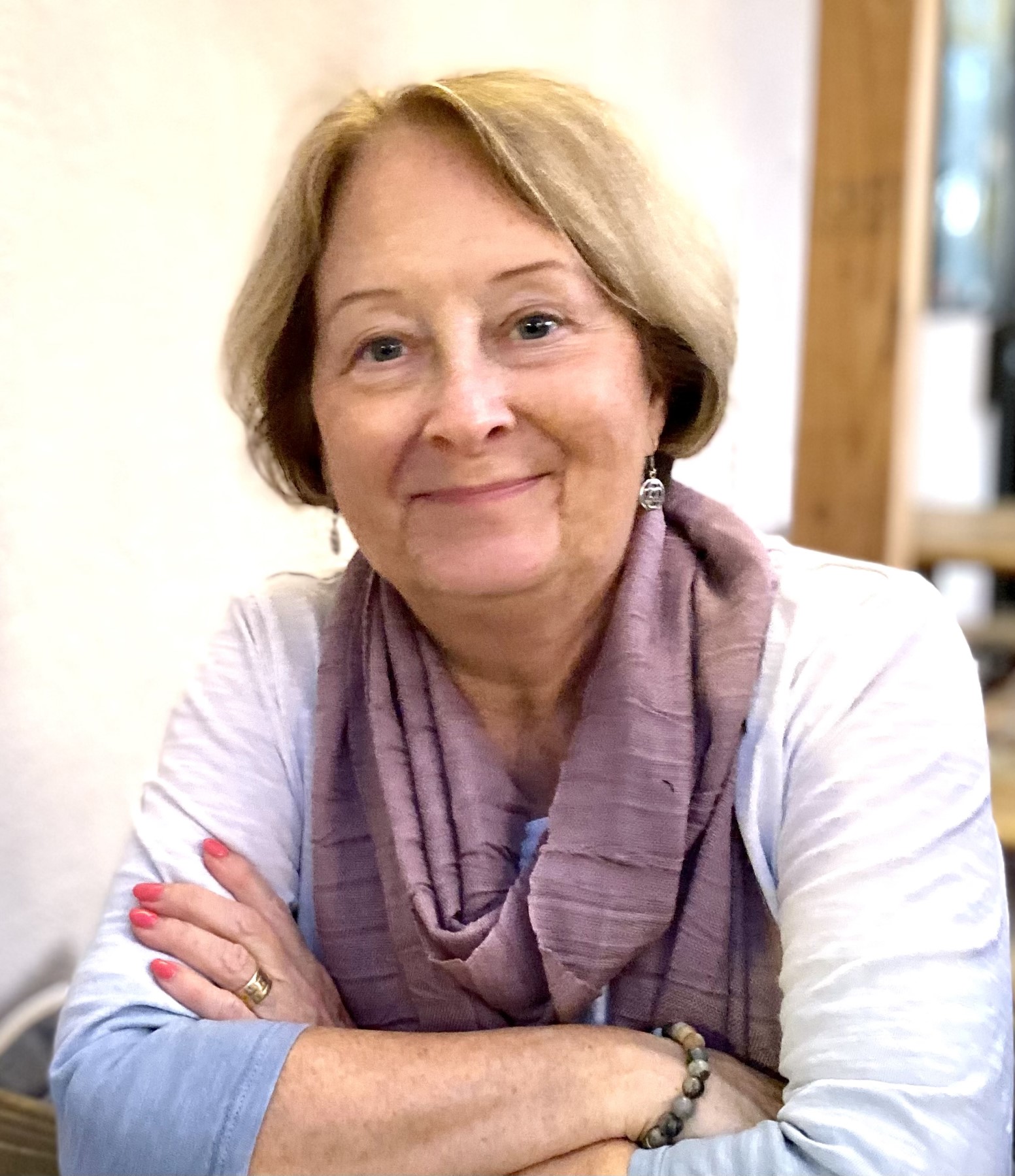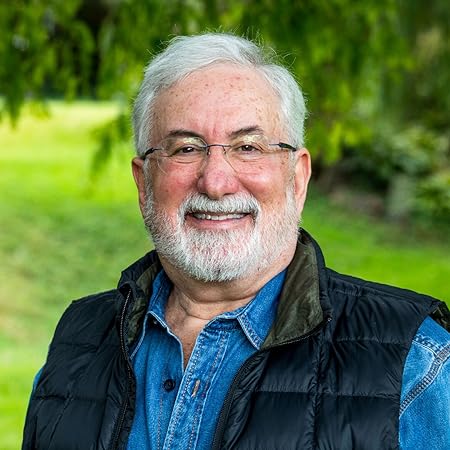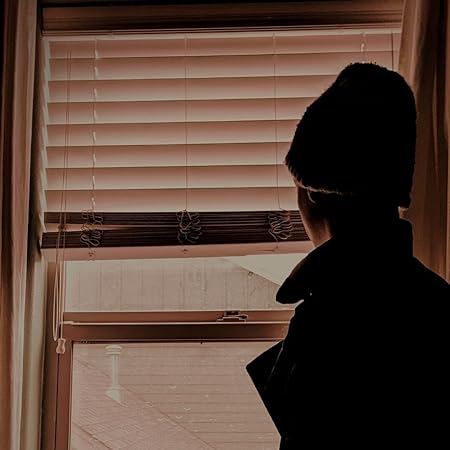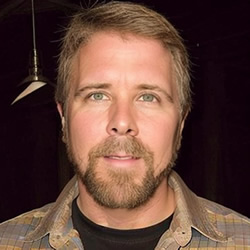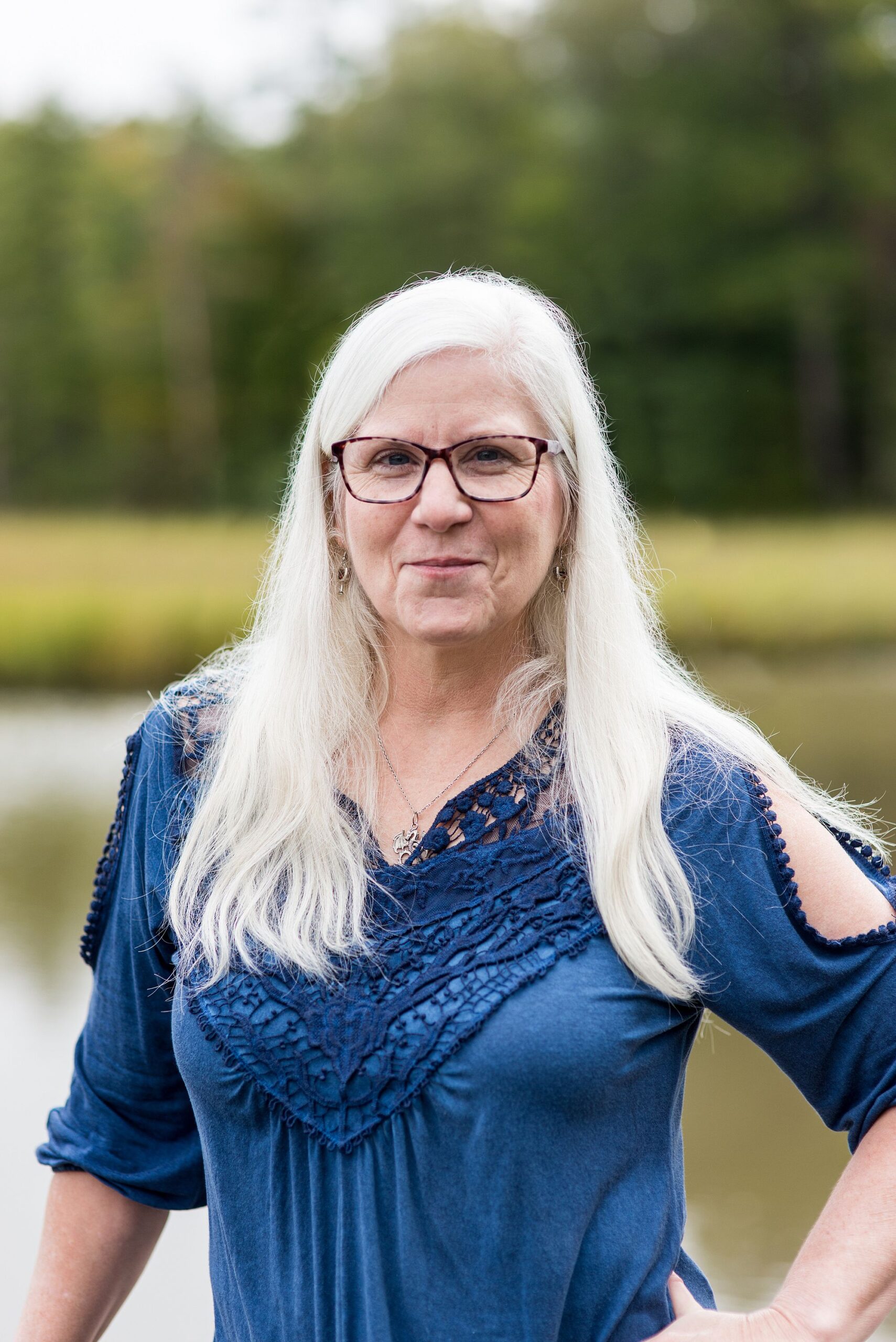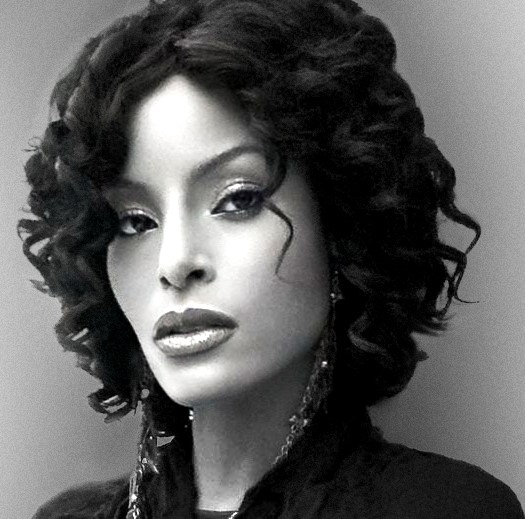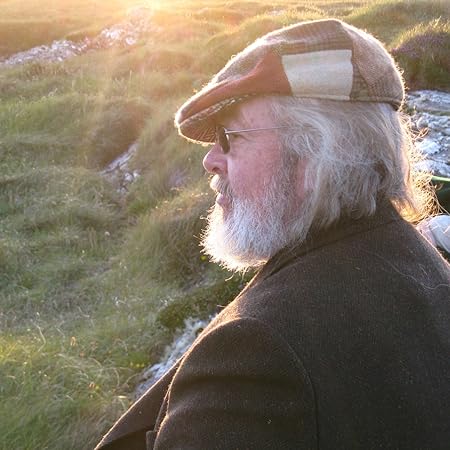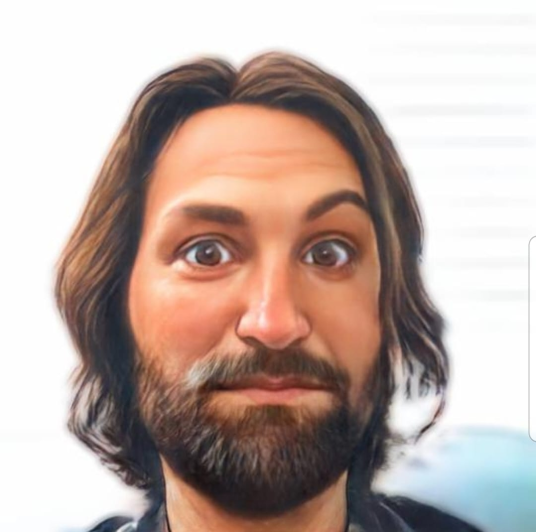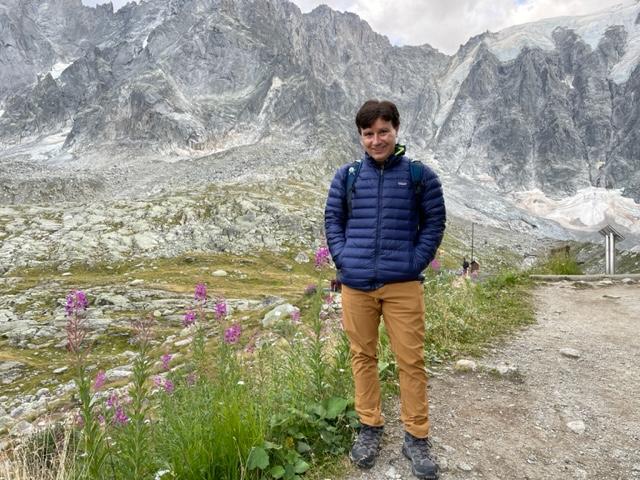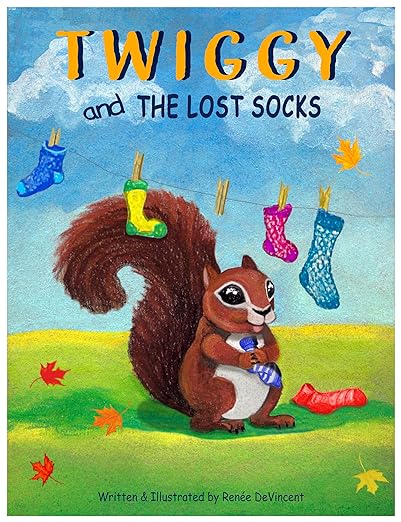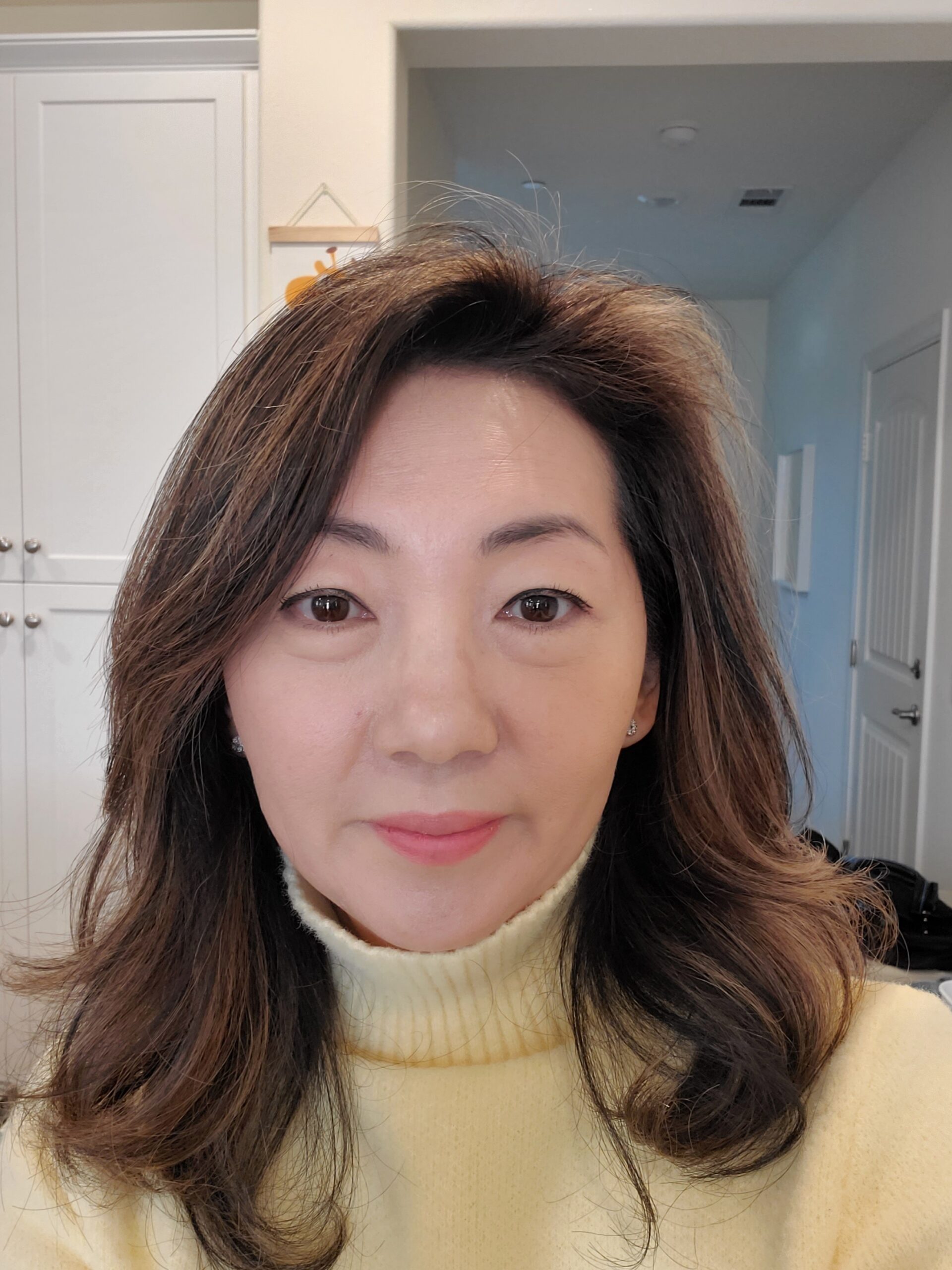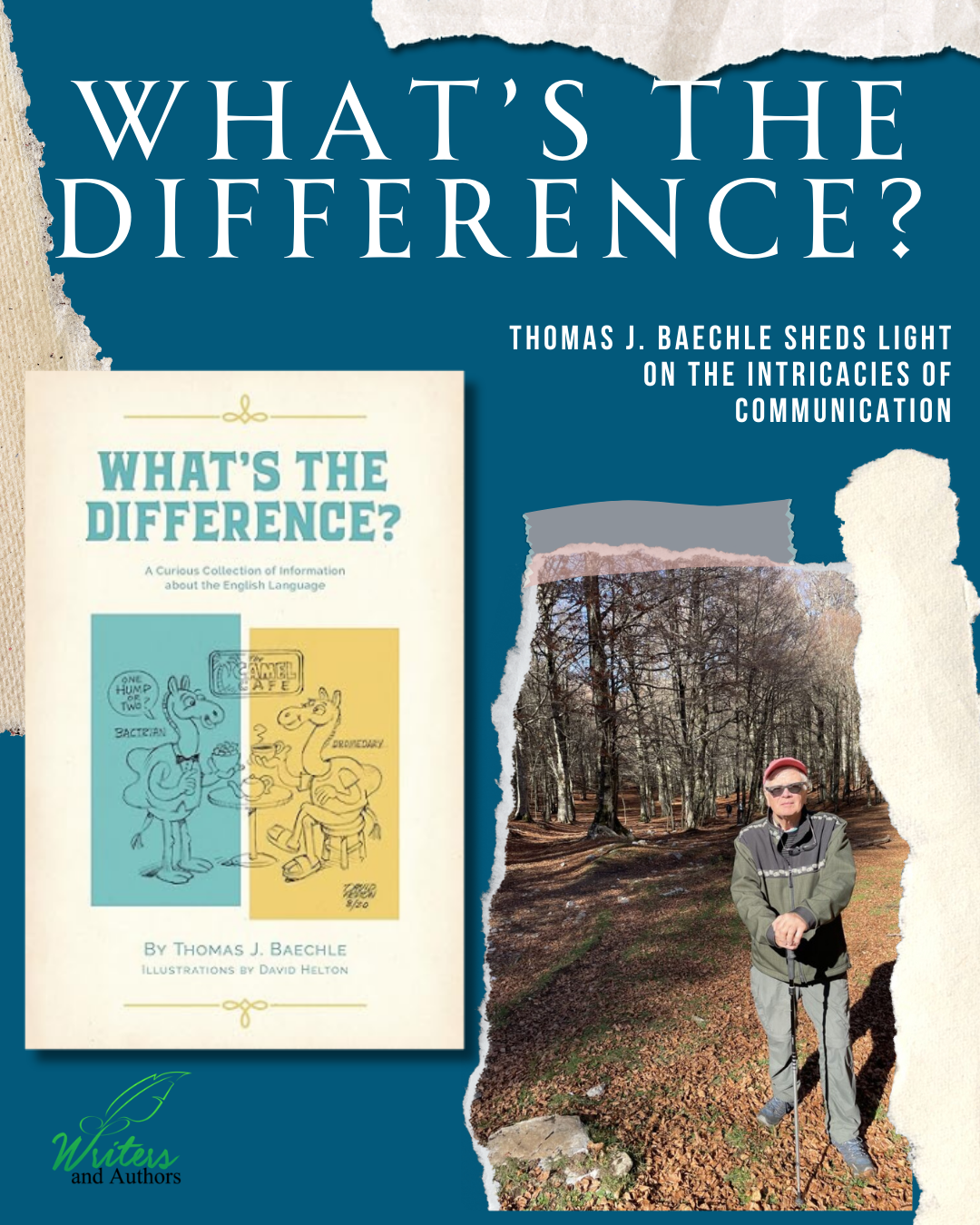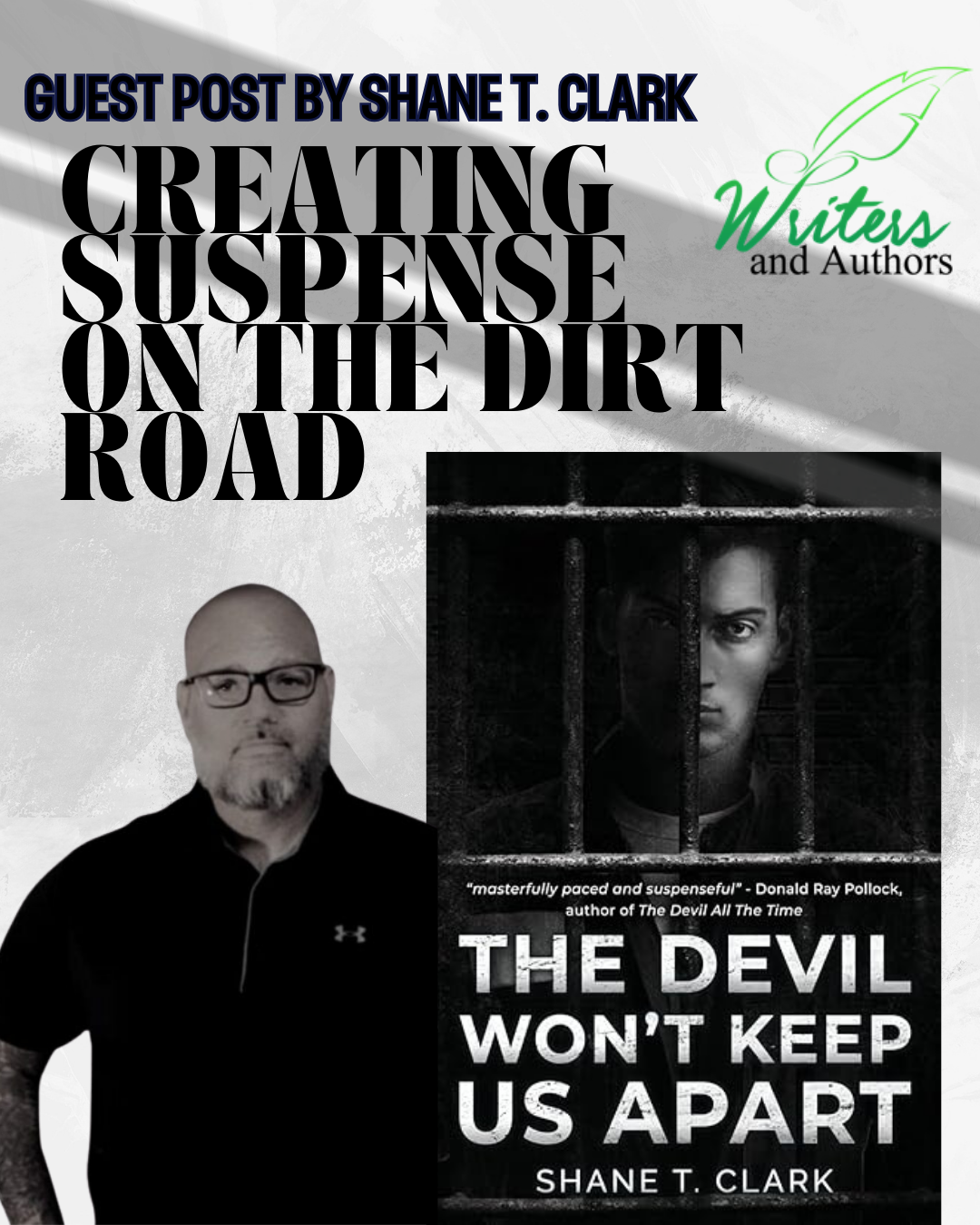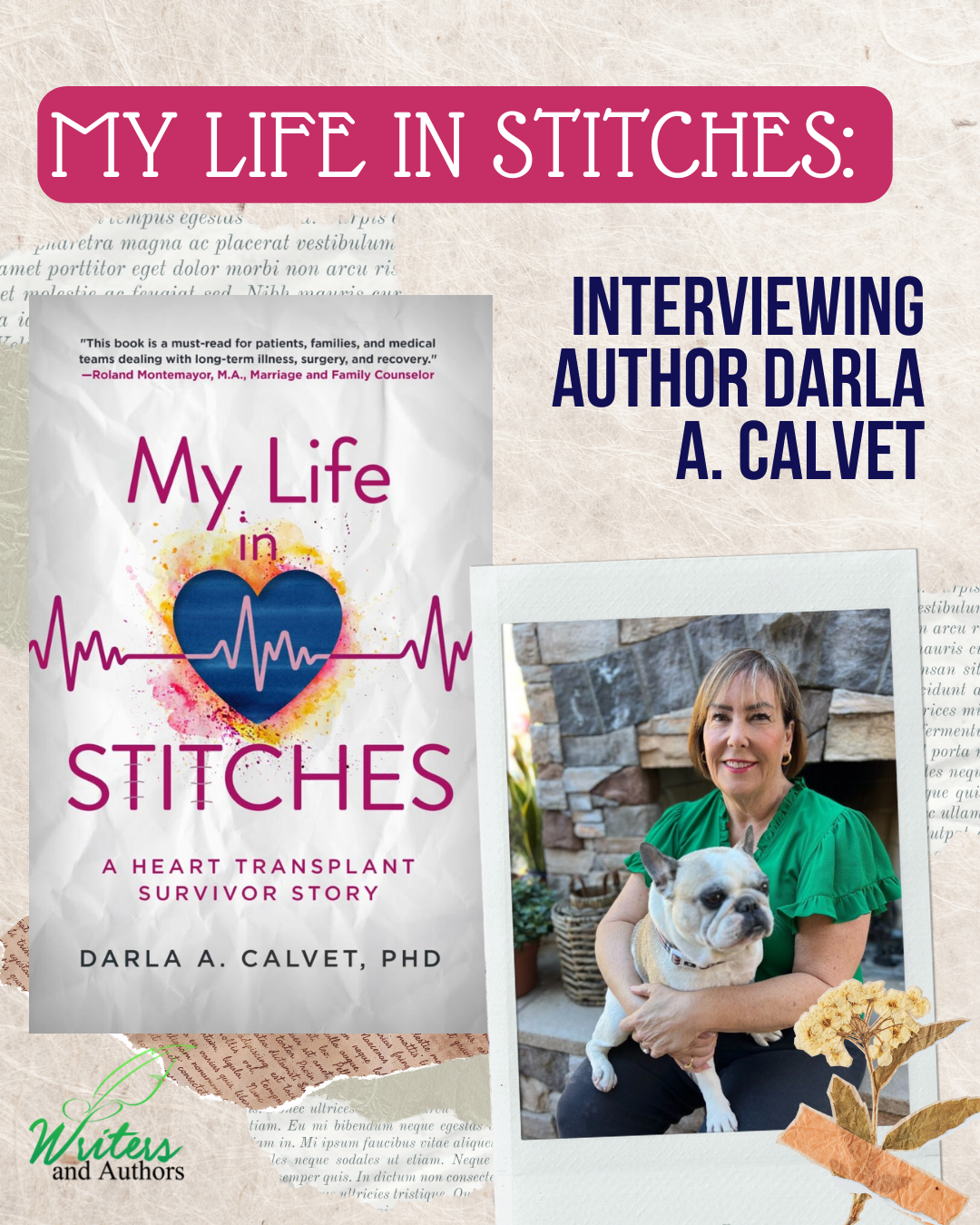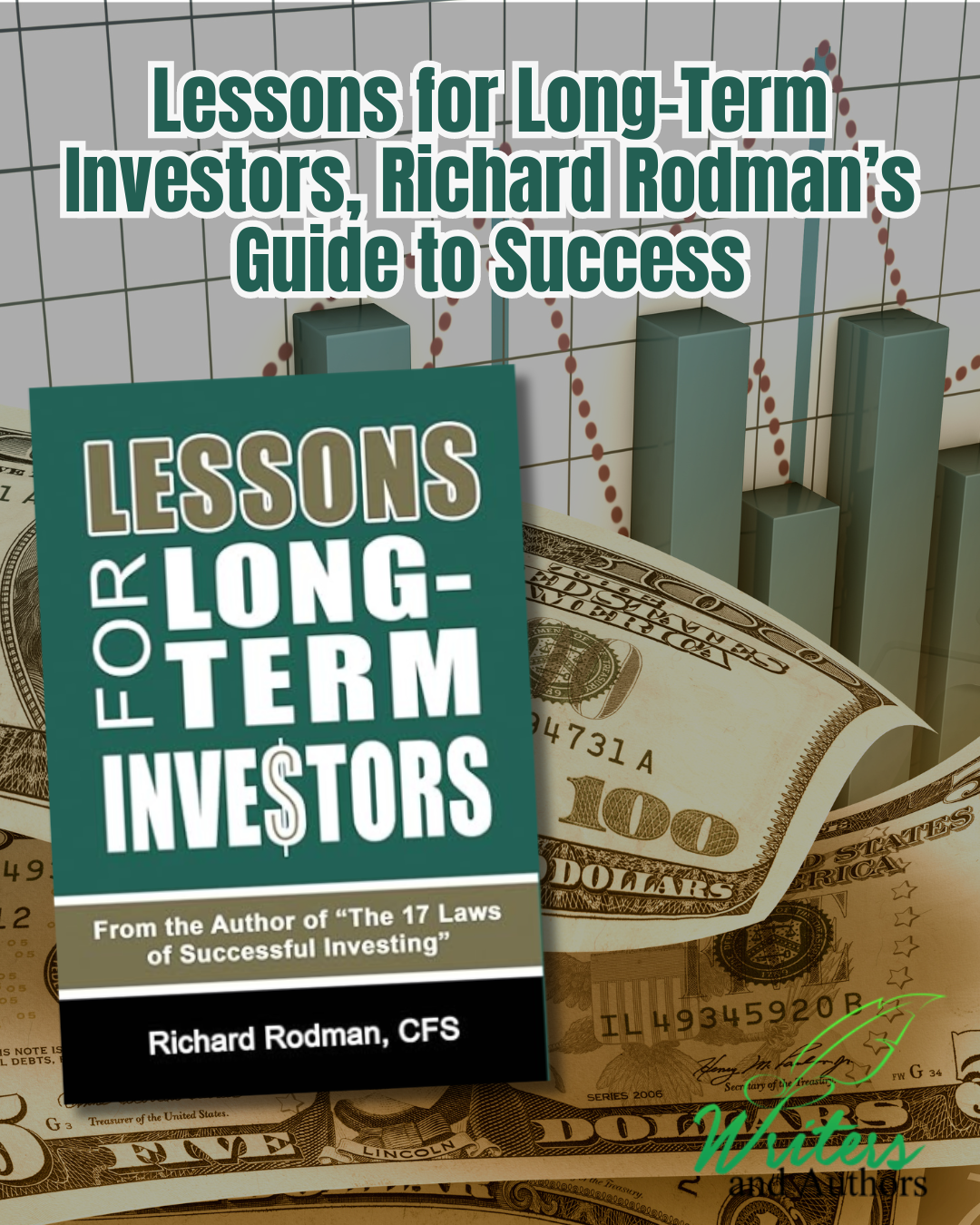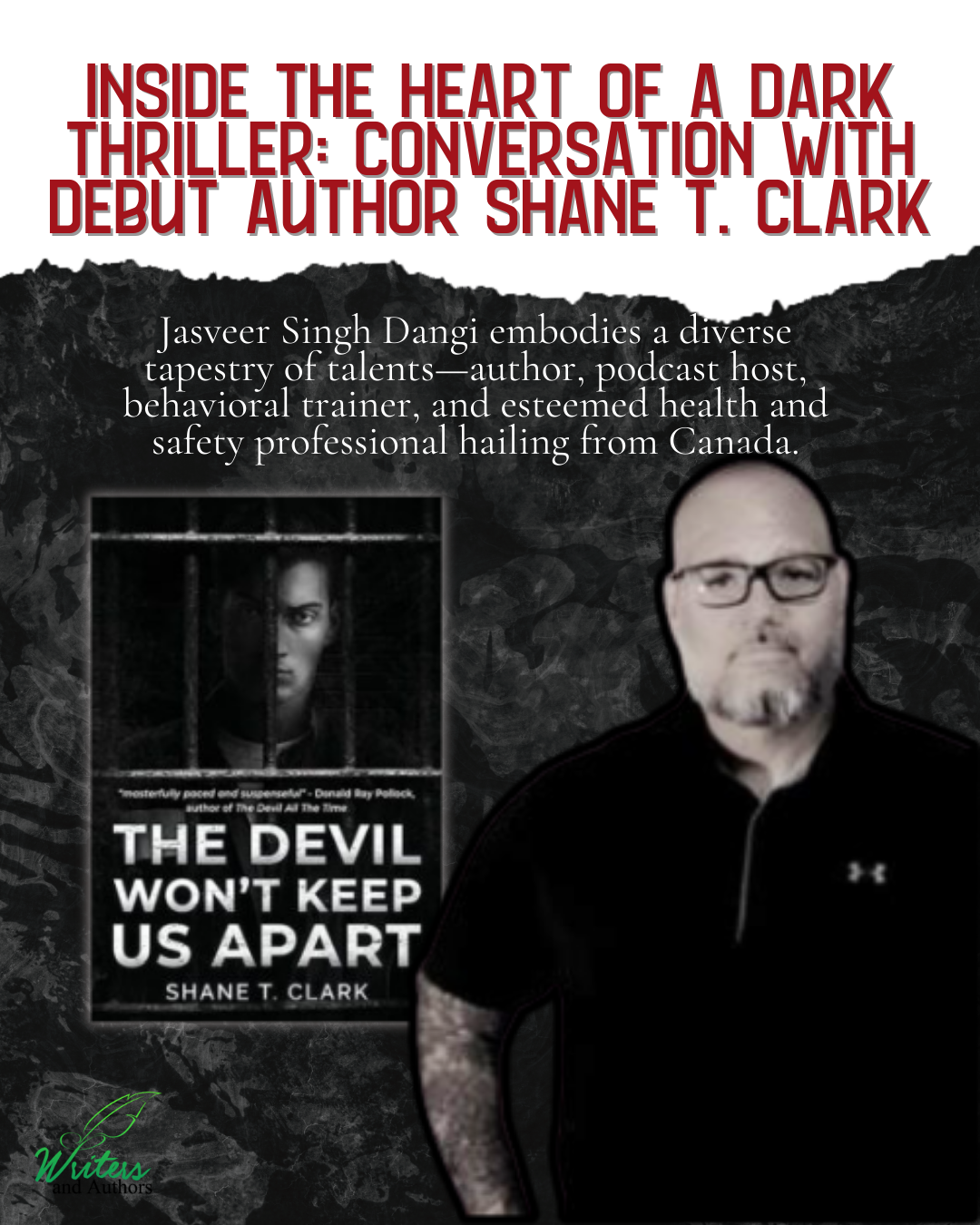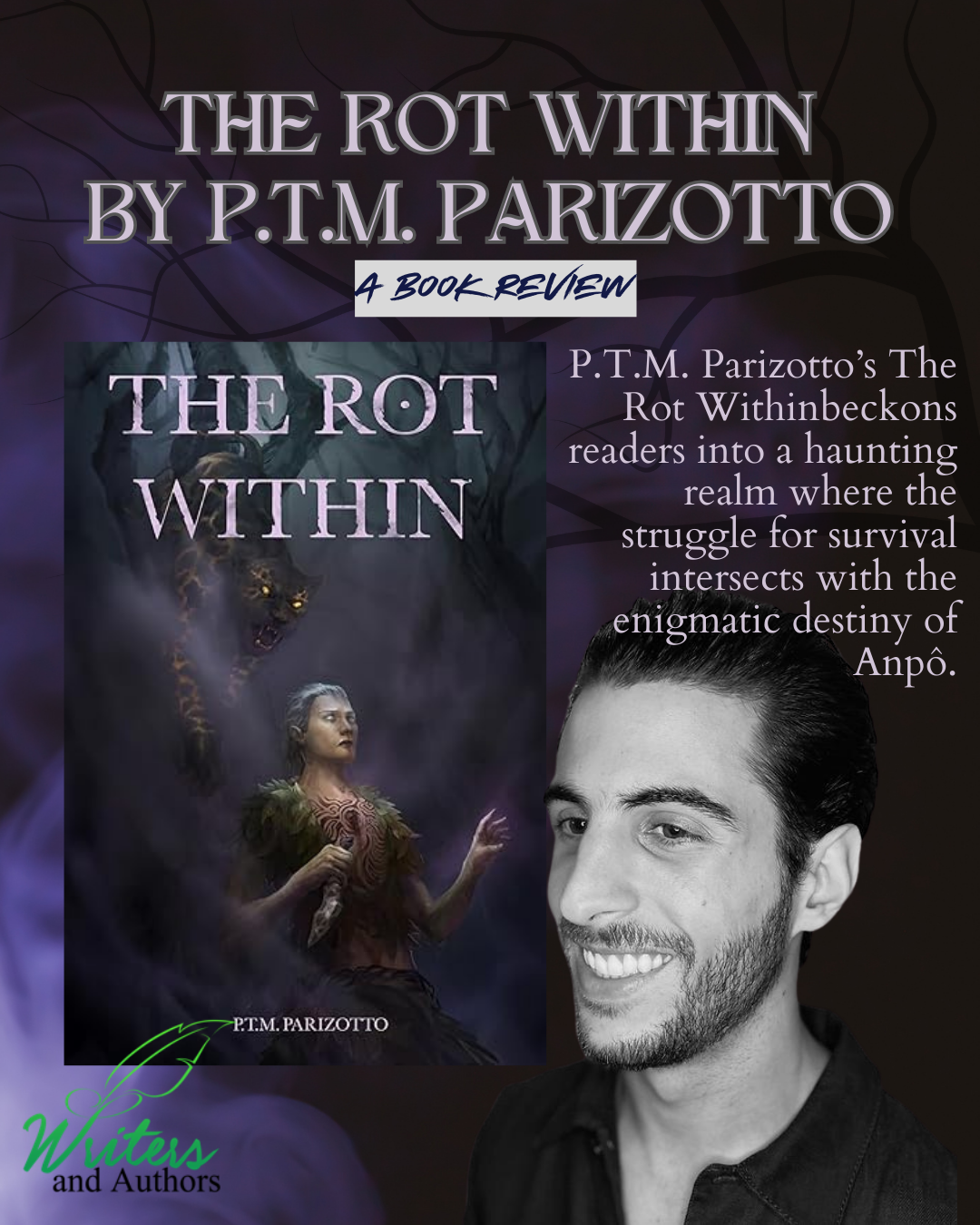As a human being, it’s natural to feel sadness, heartbreak, and disappointment. However, it’s essential to find hope and positivity even in the darkest of times. Dixon Hearne’s “Delta Flats: Stories in the Key of Blues and Hope” is a collection of short fiction that does just that. With a mix of humor, drama, and heart, these stories remind us that there’s always a silver lining to every cloud. In this blog post, we’ll explore the different themes, characters, and writing style of “Delta Flats” to see how it brings hope to readers.
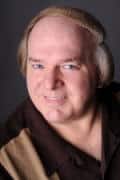
Dixon Hearne teaches and writes in the American South. Much of his writing draws greatly from the rich images in his daily life growing up along the graceful river traces and bayous in West Monroe, Louisiana. After many years of university teaching and writing for research journals, his interests turned toward fiction and poetry—and the challenge of writing in a different voice.
He is the author of several recent books, including Native Voices, Native Lands and Plantatia: High-toned and Lowdown Stories of the South—nominee for the Hemingway Foundation/PEN award and winner of the Creative Spirit Award-Platinum for best general fiction book. His work has been twice nominated for the Pushcart Prize and has received numerous other honors. He is editor of several recent anthologies, including A Quilt of Holidays. His work can be found widely in magazines, journals, and anthologies, including Oxford American, New Orleans Review, Louisiana Literature, Big Muddy, Cream City Review, Wisconsin Review, Post Road, New Plains Review, Weber-Contemporary West, Mature Living, Woodstock Revisited, The Southern Poetry Anthology: Louisiana, and elsewhere.
He has a new novella forthcoming from Southeast Missouri State University Press and is currently at work on new short story and poetry collections—as well as a series of interviews with American writers. He is a frequent presenter and an invited speaker at the Louisiana Book Festival and other events.
Contact Dixon Hearne at jdixonhearne@gmail.com
Purchase Delta Flats on Amazon
We ask author Dicon Hearne some questions about his writing and his book
As a child, what did you want to do when you grew up? I had a wonderful elementary school experience, which left me with a desire to become a teacher. I did just that — teaching K-12 and later as an academic at California universities. I learned much more than I taught.
When did you write your first book and how old were you? I wrote Teaching Second-language Learners with Learning Disabilities in 2000, an education text. It is still in print.
I published my first short story collection Plantatia: High-toned and Lowdown Stories of the South in 2009 (Southeast Missouri State University Press).
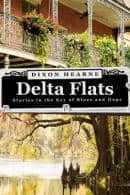
How did you begin writing? Did you intend to become an author, or do you have a specific reason or reasons for writing each book? As an academic, I published widely in professional journals and books. By 2005, I had tired of writing nonfiction and yearned to try my hand at writing in “different voice.” I tinkered with writing short fiction, which gave me a range of voices. Since that time, I have published four short story collections and a novella — earning nominations for the PEN/Hemingway and PEN/Faulkner awards, several Pushcart nominations, and winning the Creative Spirit Award-Platinum for Plantatia: High-toned and Lowdown Stories of the South. It has been encouraging. More importantly, it continues to be a lot of fun.
What would you say is your interesting writing quirk? I tend to let the narrator and characters shape the direction of my stories. I have come to trust their voices, and some stories come to me fully-realized — from beginning to end. Readers often say they feel like they know the characters in my stories. Others comment of vivid description. I want readers to feel like they are right there with the characters.
Do you like to create books for adults, youth and/or children? and Why? Most of my writing is directed toward young adult/adult audiences, but I have written quite a few stories with juvenile characters/protagonists. I feel most comfortable with writing for broad audiences.
How many books have you written? Which is your favorite? I have published four short story collections, a novella, several anthologies, and a new book of poetry. Most of my work is set in the American South and the Great Southwest. It is impossible to name a favorite book — I feel equally connected to each one of them.
How long does it take you to write a book? This is difficult to answer. Every book evolves in its own time, and story collections typically take longer because individual stories usually appear in magazines and journals before they are collected and submitted as a book manuscript.
Could you describe the mundane details of writing: How many hours a day to you devote to writing? Do you write a draft on paper or at a keyboard (typewriter or computer)? I am not a writer who places demands upon myself to write every day — or a certain number of words/pages. I write only when the muse calls, but when I’m writing, I often go for hours without any break. As I mentioned earlier, some stories come to me fully-realized, and I have to get them down on paper immediately. I recall reading that Tennessee Williams set aside time every single day to write. I cannot create anything meaningful on demand.
What does your family think of your writing? My family is only vaguely aware of my writing and my books.
What do you like to do when you’re not writing? Like many people, I enjoy travel. I returned to my native Louisiana last year, and it is fascinating to travel the backroads, studying the geography and small towns — and the people who inhabit them. I find so many things they hold in common with villages in Tahiti, Mexico, and so many other places I have visited. It serves to remind me of universal principles and human experiences.
What do you think makes a good story? I think good stories feature a beginning, a middle, and an end. That said, it leaves writers a wide berth to experiment. Good stories always leave the reader pondering.
Purchase Delta Flats on Amazon
What was one of the most surprising things you learned in creating/writing your books? It was not until I had amassed enough work for a story collection that I was forced to identify common threads among them. I found several themes emerging in my writing. I hadn’t realized how deeply I felt connected to my parents’ generation — the Great Depression, WWII, etc.
What authors do you like to read? What book or books have had a strong influence on you or your writing? There are too many fiction writers to name here. I find myself re-reading certain authors: Truman Capote, Ron Rash, Rick Bass, Faulkner and other southern writers. I’m not aware of any particular author’s influence on my writing.
Do you hear from your readers much? What kinds of things do they say? Readers comment on the characters and story lines I’ve created — and the humor.
Where do you get your information or ideas for your books? It all comes from my own imagination.
Do you have any suggestions to help me become a better writer? If I could offer any piece of advice to new writers, it would be to trust yourself. You are the only person who knows what you want to say. Learn to trust your narrator.
Do you meet your readers at book signings, conventions, or similar events? I speak at conferences, book events, and by invitation to conduct workshops. I love discussing writing with other writers.
Tell us about your most recent book? Delta Flats: Stories in the Key of Blues and Hope is a collection of short fiction. It is nominated for the 2017 PEN/Faulkner fiction award. The stories are set in my native Louisiana — from the piney woods of north Louisiana to the raucous streets of the French Quarter.
What’s more important: characters or plot? They are equally important. Scarlett O’Hara, for all her commanding presence and formidable determination, would wilt in an anemic story without the Civil War and its drama.
How do books get published? Delta Flats is published by Walrus Press / Amphorae Publishing Group
Do you write every single day? No.
Ballpoint, uniball or fountain pen? Ballpoint pen.
Any writing rituals? None.
What’s the worst job you’ve had? Burger flipper at McDonald’s
Tell us some more about your book/s.
Are you planning to adapt any of your stories to the screen? For the screen, I have been encouraged to adapt my novella, From Tickfaw to Shongaloo. I will work on that in the coming year.
Purchase Delta Flats on Amazon
Connect with Author Dixon Hearne at
Website URL: www.dixonhearne.com
Author/Business Facebook Page: https://www.facebook.com/dixon.hearne.7
